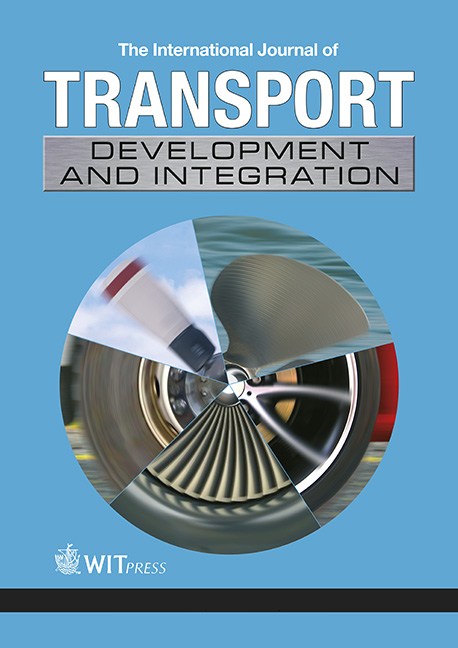An argument for infrastructure system stewardship: a New Zealand transportation case study in benefit management
Price
Free (open access)
Volume
Volume 1 (2017), Issue 4
Pages
12
Page Range
611 - 623
Paper DOI
10.2495/TDI-V1-N4-611-623
Copyright
WIT Press
Author(s)
C. Blom & P. Guthrie
Abstract
Benefits are intrinsic to infrastructure and the public sector, yet these remain a problem for many infrastructure sectors (including transportation), organizations and countries. Much of the focus upon benefit management targets project delivery; by contrast, this study considers system-level benefit management using a transportation case study from New Zealand. In so doing, it investigates why the matter of benefits might be so problematic, and in what way this might affect the integration of projects into the extant system.
The research shows system-level coordination and integration are being lost within the ‘tactical strategy’ of programmes and initiatives. In turn, this is creating a ‘red queen’-like busyness without a real understanding of whether anything has been achieved relative to the intended or necessary outcomes being sought. System stewardship has therefore been advanced as an appropriate response to system- level complexity and a potential enabler of strategic agility and adaptive capacity.
Keywords
benefit realization, integration, stewardship, system thinking, transportation




